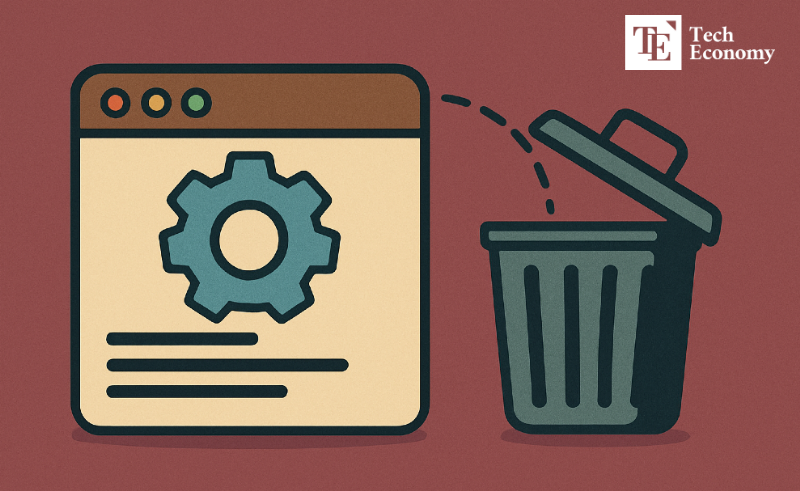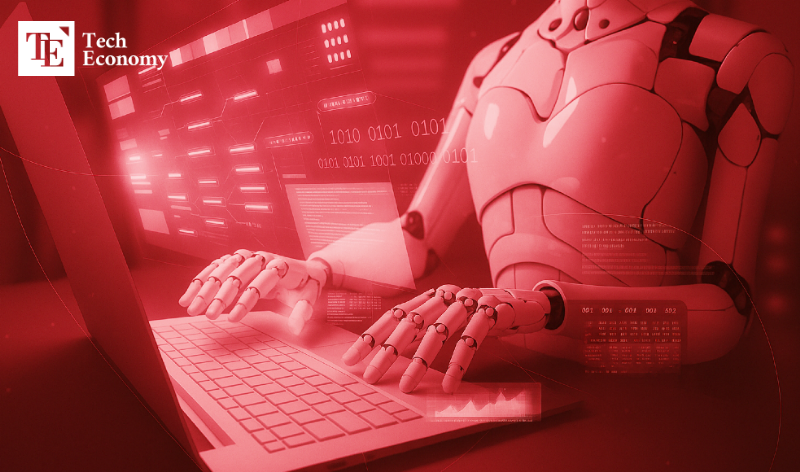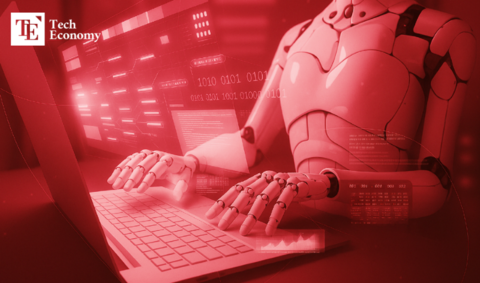Coding That Once Took Months Now Completed in Minutes, Ordinary Developers Reduced to Disposable Assets
Input
Changed
Rise of ‘Disposable Software’ Driven by AI Advances Automation of Code Writing, Review, and Debugging AI Supplanting Developers, Triggering Layoffs Across IT Sector

A new era of “disposable software,” enabling individuals to swiftly create customized applications, is unfolding. Coding tasks that once required months are now being accomplished almost effortlessly thanks to advances in artificial intelligence (AI). Industry observers warn that as disposable software becomes more pervasive, it could fundamentally reshape the software market landscape.
Building and Discarding Apps at Will
According to the IT sector on the 28th, examples of disposable software development are increasingly prevalent, particularly among Silicon Valley developers. Anish Acharya, General Partner at Andreessen Horowitz (a16z), stated on the 25th (local time), “An increasing number of people are creating small, useful applications and tools either for themselves or for a small circle of friends.”
Disposable software is particularly effective for small, specific tasks. Converting a PDF into a JPG, or extracting audio from a video file, are common examples. While numerous applications and websites already offer such services, they often impose excessive advertising or subscription fees. Moreover, uploading or downloading files containing personal information to unverified sites poses significant security risks.
By creating disposable software independently, users can mitigate these risks. What once took months of development can now be accomplished through simple prompts, reducing dependence on external services. Den Reseom, co-founder of AI agent developer Findev, explained, “For decades, software development meant cost, complexity, and long-term commitment. But with AI, no-code platforms, and prompt-driven app development, the costs of software creation have fallen dramatically.”

Rapid Progress in Coding AI, Easily Replacing Junior Developers
The emergence of coding-oriented AI applications such as CursorAI and Lovable, alongside foundation models like ChatGPT offering coding capabilities, has dramatically lowered the entry barriers for software development. AI not only boosts productivity by generating code, but also reviews written code, identifies errors, and performs debugging with remarkable proficiency. One developer noted, “Previously, I only used AI to handle requests for code modifications. Now, I assign entire processes to AI, while I focus solely on reviewing and testing,” emphasizing the growing reliance on AI.
With each iteration, AI models are becoming markedly more proficient at coding. According to SWE Bench Verified, a benchmark for evaluating software problem-solving, OpenAI’s GPT-4o model achieved an accuracy rate of 33.2% last year, whereas the reasoning model “o3,” released in April, posted a 69.1% accuracy rate.
The “vibe coding” paradigm—where developers articulate concepts in natural language and AI translates them into actual code—is also gaining traction. Developers interact with AI conversationally to produce outputs, then request fixes or enhancements as needed. This fluid, iterative process resembles “riding the vibe,” hence its name.
Ordinary Developers Face Layoffs, Elite Talent Command Soaring Salaries
As AI increasingly displaces developers, rank-and-file programmers are bearing the brunt of mass layoffs. According to layoffs.fyi, a platform tracking redundancy data, global tech firms have cut a combined 81,972 jobs across 189 companies from January to this month. Even software engineers, once the backbone of Silicon Valley, have not been spared. Microsoft (MS) laid off roughly 6,000 employees in May—about 3% of its workforce—with software engineering positions comprising the largest share. Documents filed with the state of Washington show that of the 2,000 jobs eliminated at MS’s headquarters, more than 800 were developer roles.
Top executives have already acknowledged that AI is supplanting significant portions of development work. At Meta’s AI developer conference in May, CEO Mark Zuckerberg projected, “By 2027, AI will handle half of Meta’s development processes, and its share will only continue to grow.” At the same event, MS CEO Satya Nadella disclosed that “20–30% of MS code is already being written by AI.” Google CEO Sundar Pichai also revealed during the October earnings call that “over 25% of Google’s new code is generated by AI,” significantly boosting efficiency.
By contrast, top-tier developers are seeing their market value skyrocket, driven in part by intensifying competition to develop artificial superintelligence (ASI)—AI systems surpassing human cognition. The Financial Times reported that AI specialists are now commanding average salaries ranging from $3 million to $7 million, a nearly 50% increase since 2022, while elite talent can secure compensation exceeding $10 million.






















Comment